Sir Lenny Henry on diversity: It’s not enough to have more people in EastEnders
Sir Lenny warned that British broadcasters would ‘lose eyeballs if you don’t serve your audience’.

Sir Lenny Henry has called for the BBC and other broadcasters to do more to boost diversity, saying it’s “not enough to have more people in EastEnders and doing the weather”.
The funnyman and TV stars Adrian Lester and Meera Syal delivered a letter, signed by a string of stars, to 10 Downing Street, calling for tax breaks to effect change.
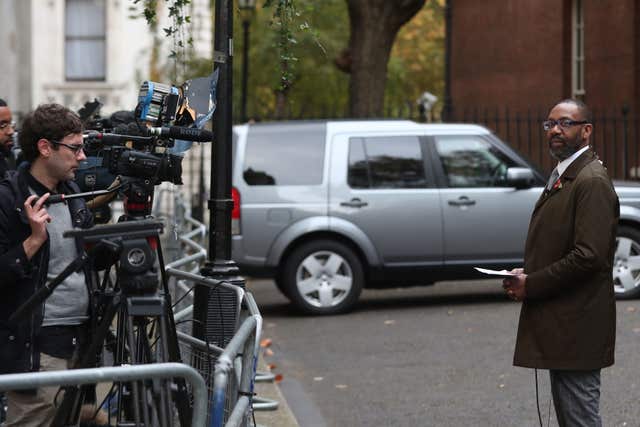
Sir Lenny warned that British broadcasters would “lose eyeballs if you don’t serve your audience”.
He said that the BBC was making improvements, but that at the current rate of growth, it would take 40 years to get to the right levels.
“It is very frustrating to be here in the 21st century and still be talking about diversity and inclusion”, he told the Press Association.
The US and France are already making the sorts of changes campaigners are calling for, and it is wrong to think Britain is “at the forefront” of change, he said.
He added: “We need to up our game. Britain is good at producing ground-breaking, outrageous diverse stuff.
“But the make-up of people who create those programmes, the gatekeepers,… the diversity of that demographic needs to change.”
And he said, before entering 10 Downing Street: “Well-meaning people can make tokenistic choices that don’t help at all.
“If you’ve got a diverse group of people around the table, somebody will say, ‘We don’t do that’ or ‘We don’t think that’s right’. We can have those conversations.
“But if we’re not at the table we can’t have those conversations and that needs to change.”
Sir Lenny is calling for tax breaks to increase the representation of women, BAME (black, Asian and minority ethnic) and disabled people working behind the camera.
He called on the Government to take a “big step” to boost diversity.
And he said: “We expect best practice from the BBC. They are trying to change things from within and that’s to be applauded.
“But at this rate of growth, it’s going to take the BBC something like 40 years to achieve their 40% BAME, behind and in front of camera”.
“And its not enough to have more people in EastEnders and more people doing the weather. It’s not enough. It’s not enough just to have random people in programmes because they are trying to show there is a presence.”
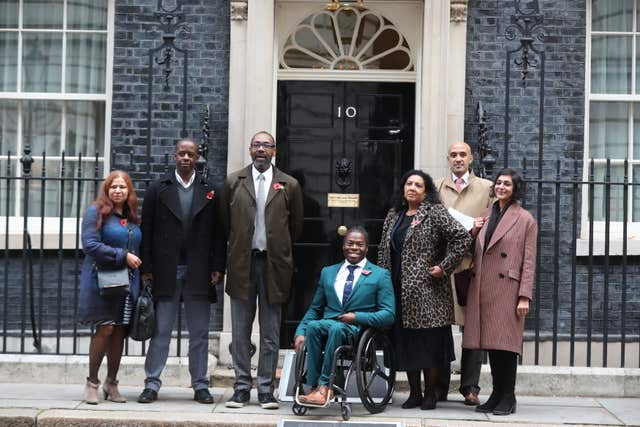
Trauma actor Lester told the Press Association: “After years of making speeches and talking about this problem, we haven’t really made any progress.
“If we can get more representation behind the camera, if we can reflect the country as it is, it changes the stories that we tell and the way we see ourselves.”
The document’s signatories include Dame Emma Thompson, Jodie Whittaker, Thandie Newton, David Oyelowo and Chiwetel Ejiofor.
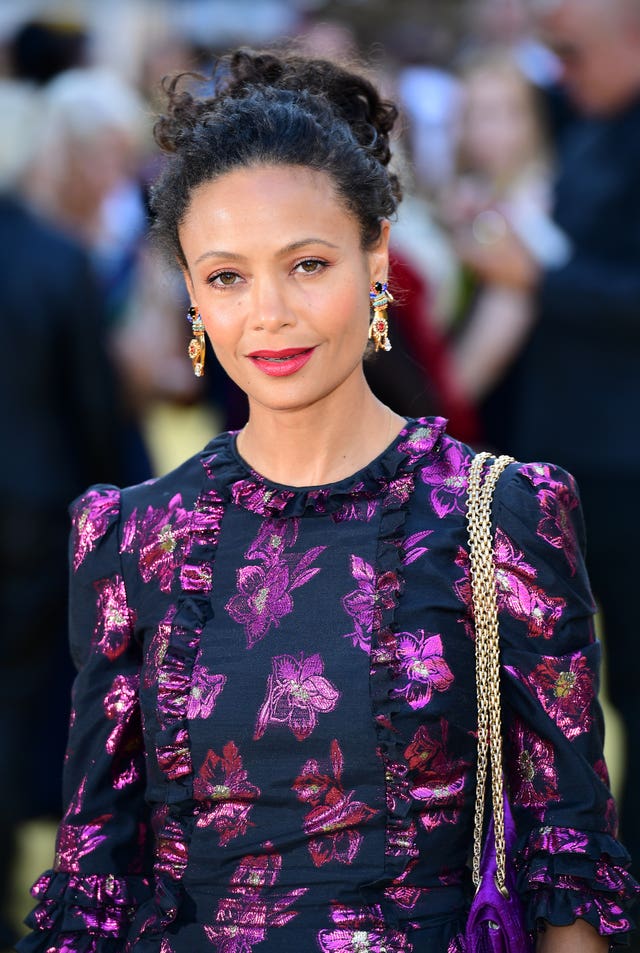
Lester said it is time to do more than talk about the issue.
“We thought that if we can talk about it and be eloquent about it maybe the problem will shift and disappear. The problem isn’t disappearing.”
Training schemes and other initiatives “have only shifted things a tiny percent. A big step needs to be taken,” he said.
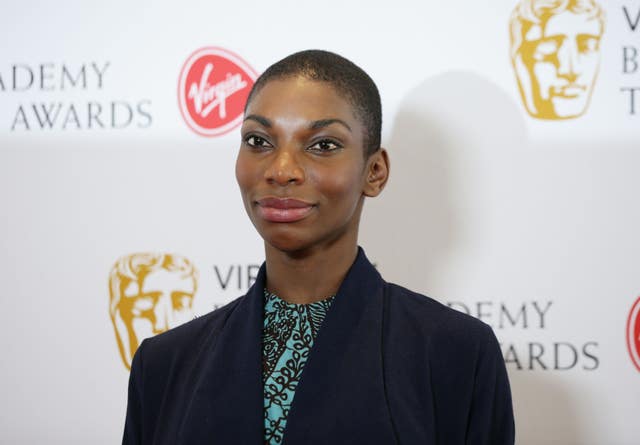
The letter, also delivered by Paralympic athlete Ade Adepitan, calls for the immediate introduction of Representation Tax Relief to increase diversity in the industry, saying the figures are “shocking”.
It adds: “Diversity in important sections of the UK film and television industry is in crisis.”
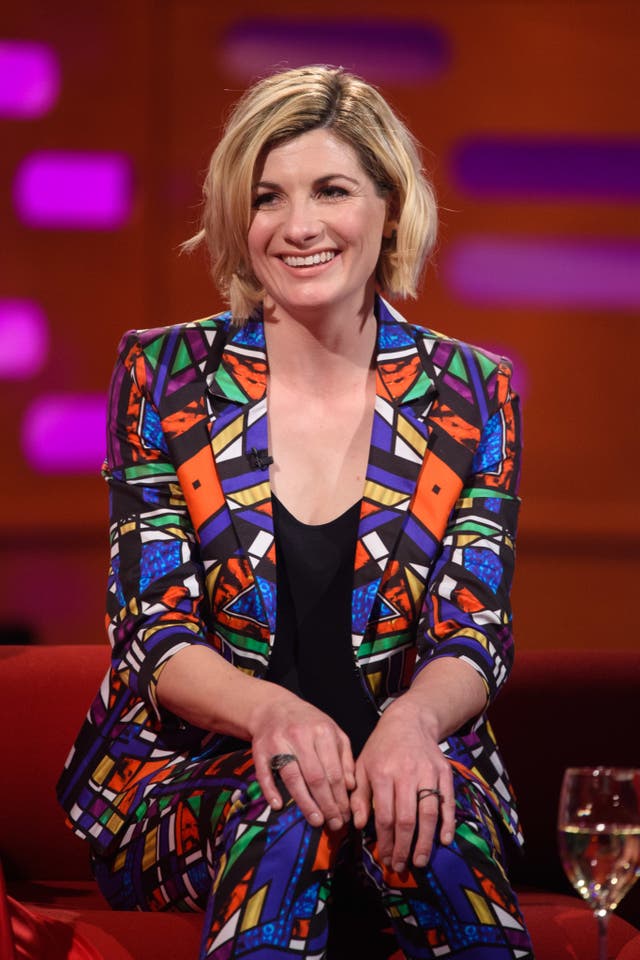
The letter says UK film and television productions should be eligible for tax relief if they meet three out of four possible criteria – that the director, writer and/or director of photography is a woman and/or disabled and/or from a BAME background; or if 50% of staff behind the camera are female, or 14% are BAME staff, or 18% disabled staff.
It adds: “Complaints over the lack of diversity in the creative industries have seen things slowly begin to change, but the time has come for more substantive measures, and real change needs to be underwritten by law.”
A BBC spokesman said: “We’re glad Sir Lenny has recognised that were making progress, but we don’t recognise the timescale that he sets out.
“We are already one of the most diverse broadcasters in the UK and we’re very close to meeting our targets for BAME representation across the organisation.
“However we are committed to going further and doing more to ensure greater BAME representation on screen and in production roles.”





